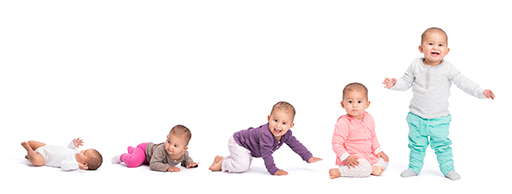Week 3: Supporting the development of children’s movement skills
Introduction
A core aspect of the role of an early years practitioner is to effectively support children in the development of movement skills. However, this is not confined to the early years practitioner and indeed, parents and others living or working with children have the perfect opportunity to support this development too. Within these roles it is often a goal to develop physical competence in many of the basic movements required in early childhood that will set the child up for their next stage of development.

This week has a particular emphasis on fundamental movement skills, observing them and identifying the level of these in action. This week will build on the knowledge and skills you acquired in Weeks 1 and 2 by highlighting the role movement can play in supporting an overall smooth development, the benefits of physical activity to learning, and how parents, carers and practitioners can best support the development of movement skills in young children (birth–5 years of age).
By the end of this week, you will be able to:
- identify how much physical activity is recommended for children
- define the term ‘fundamental movement skills’ (FMS)
- understand the benefits of physical activity and FMS to children’s overall development/health/wellbeing and learning
- discuss the typical sequence of movement developments from infancy to 5 years old
- encourage more opportunities for movement in your specific setting.
In the first part of this week, you will consider the current state of physical activity in children and young people to highlight the importance of supporting physical movement skills early and to provide context to the rest of the week’s material.
Although much of this context building centres around health, you will later see that many other domains (e.g. learning and socialisation) can benefit from the development of movement and inclusion of physical activity in play settings.
